
How to Choose a Web Hosting Serivce
Get expert advice on how to choose the best hosting provider for your next project.
Posted on December 6, 2022 | By Verity Hosting Business Post
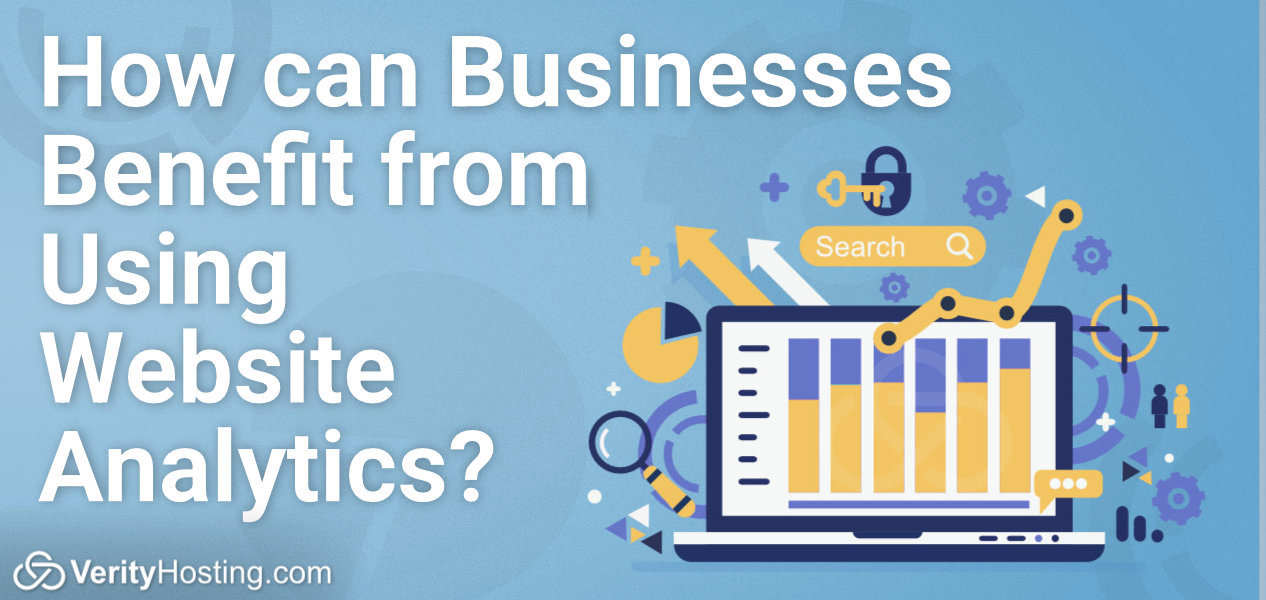
Need help managing your small business website? click here
By tracking and studying the analytics data, you will better understand how your marketing campaigns are doing and how your customers interact with your website.
This information can then be used to help make strategic decisions to adjust your online marketing campaigns, improve your website customer engagement and grow your business.
In this article, you will learn the importance of website analytics and how you can use this data to gain a business advantage.
Let's get started.
Website analytics is a process of collecting, analyzing, and reporting website data.
This information can help businesses measure website traffic, find out what's working (and what's not), and identify opportunities to improve their website and grow their business.
To make the most of your business website analytics, it's important to understand the different types of data that can be tracked.
This data can include information about website visitors (such as age and location), the pages they visited, how long they stayed on your site, and which links they clicked on.
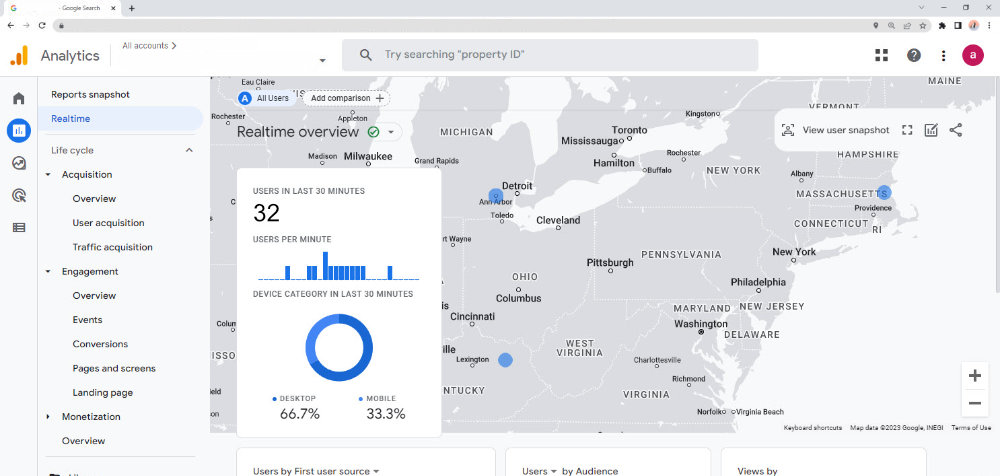
Businesses can use this data to gain a better understanding of their customers and their needs.
For example, if you notice that a lot of people are leaving your website without making a purchase, you might need to review your pricing or product offering.
Alternatively, if you notice that a particular page is attracting a lot of visitors, you might want to create more content for that page.
There's a lot of different types of data that can be collected with web analytics, but here are some of the most important things you can track:
You've heard the saying, "knowledge is power," and when it comes to your business website, that power comes from your website analytics data.
Analytics are essential to understanding how your website is performing and how you can improve your site's traffic, engagement, and conversions.
Website analytics is the practice of measuring and analyzing how users interact with your website.
This information can tell you a lot about your website and its users.
For example, analytics can tell you how many people are visiting your website, where they are coming from, what pages they are visiting, and how long they are staying on your site.
This information can help you understand what content is most popular, what areas of your site need improvement, and where you should focus your marketing efforts.
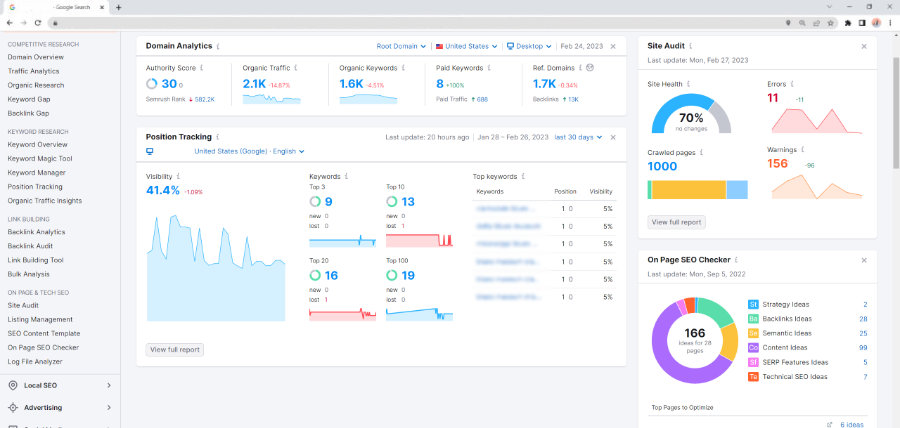
With the right analytics tools, you can track all of this information and more. So if you're not already tracking your website analytics, I highly recommend starting today.
Tracking your analytics is a great way to gain valuable insights into your website and your customers.
Using analytics on your website, you'll be able to track how well your site is performing and make changes that will increase your ROI.
For example, if you see that a certain page on your website is not converting well, you can change the content or the design to make it more effective.
You can also track how much traffic your site is getting, and use that information to adjust your marketing efforts.
If you see that a particular campaign is bringing in more traffic than other campaigns, you can focus more resources on that campaign.
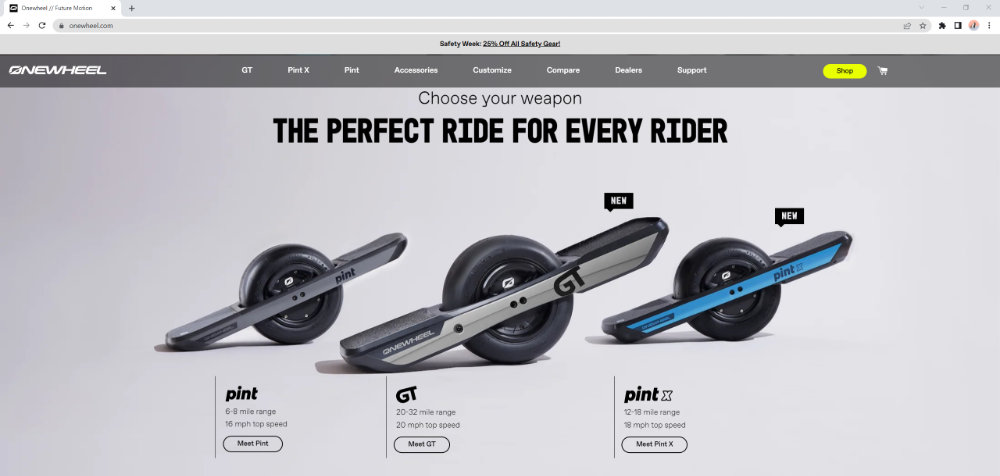
Overall, using analytics allows you to fine-tune your website and marketing efforts to ensure that you're getting the most out of them.
You can also use analytics to monitor your website's overall performance. This includes things like page load times, server response times, and other factors that can affect the user experience.
By keeping an eye on these things, you can make sure that your website is running as smoothly as possible. And if there are any problems, you can quickly identify and fix them.
Not only will this help improve the user experience on your website, but it can also help you avoid potential penalties from search engines. So it's worth taking the time to set up analytics on your website.
You know the process that potential customers go through when they're considering purchasing from your company.
What you might not know is that analytics can be a huge help when it comes to improving your sales funnel. By tracking what users do on your website, you can get a better understanding of where they're dropping off and what might be causing them to do so.
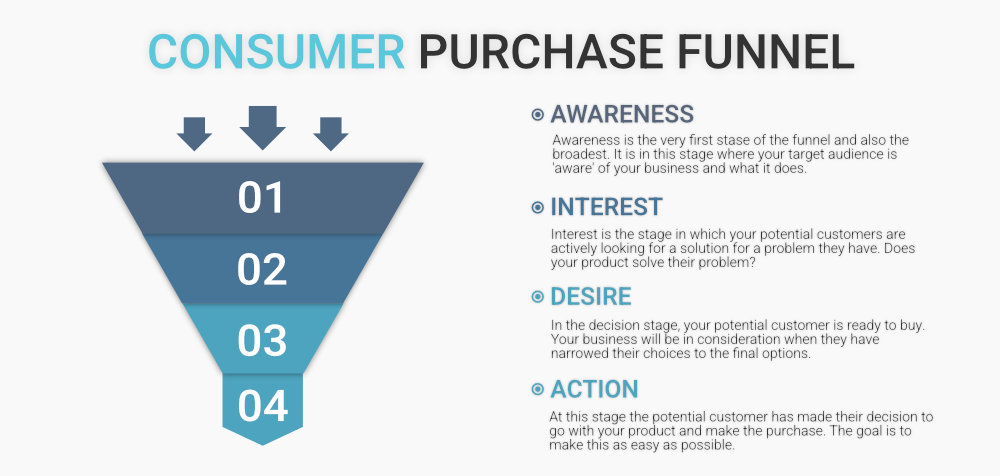
Once you know where the holes are in your sales funnel, you can start to work on fixing them. And when you do that, you'll start to see an improvement in your conversion rate. Which means more customers buying from you!
Here are several ways businesses can use web analytics to improve their website and grow their business:
How to improve your website:
Data interpretation can feel daunting, but it doesn't have to be. When you're looking at your website analytics, there are a few key things you want to keep in mind.
First, what are your goals? - What do you want your website to achieve? Whether it's generating leads or making sales, you need to know what you're working towards.
Second, who is your audience? - When you know whom you're talking to, you can better adjust your message and tone.

Third, what are your competitors doing? - Keeping an eye on the competition can give you some insight into what's working well and what's not.
Once you have a good understanding of these three things, you can start to interpret your data in a way that will help you achieve your goals.
Now that you know more about website analytics, it's time to put them to work for your business.
There are a few different web analytics tools that are commonly used by businesses. Google Analytics is probably the most popular option. It's a free tool that you can use to track your website's traffic and see how people are finding your site.
Another common tool is Google Webmaster Tools which provides backlink data and a lot in insight on each page and how its performing in Googles eyes.
Another great tool is SEMRush which offers a paid version as well as a free version.
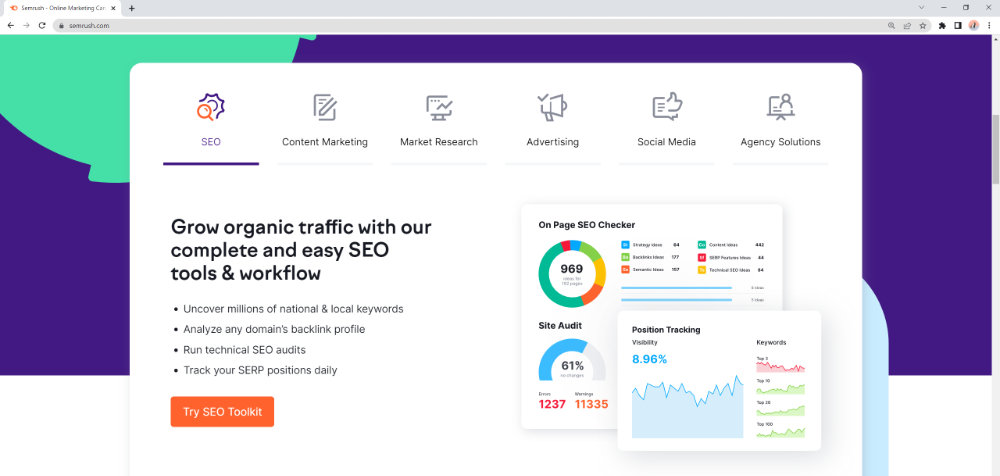
These are just a few of the web analytics tools that are available. There are many others out there, so do some research to find the one that's right for you and your business.
So there you have it! These are just a few of the ways that website analytics can help you grow your business. By understanding your website traffic and how users interact with your site, you can make data-driven decisions that will help you achieve your business goals.
If you are not using website analytics already, now is the time to start. And if you are using analytics, make sure you're taking full advantage of all the features and data at your disposal. With the right data, you can take your business to the next level.
All photos used have been curated by Verity staff

Verity Editorial Staff
The editorial staff at VerityHosting is a team of hosting experts with over 25 years of experience managing, monitoring, and maintaining hosting services for small businesses.
Get helpful small business tips from VerityHosting.com

Get expert advice on how to choose the best hosting provider for your next project.

Here are some great reasons why your small business needs a website. See why it is one of the best things you can do for your small business.

Take your reliability, security, and support to the next level with fully managed web hosting.
Verity Hosting - Providing professional managed hosting services while being focused on helping our clients to build a successful business on the web and on mobile.